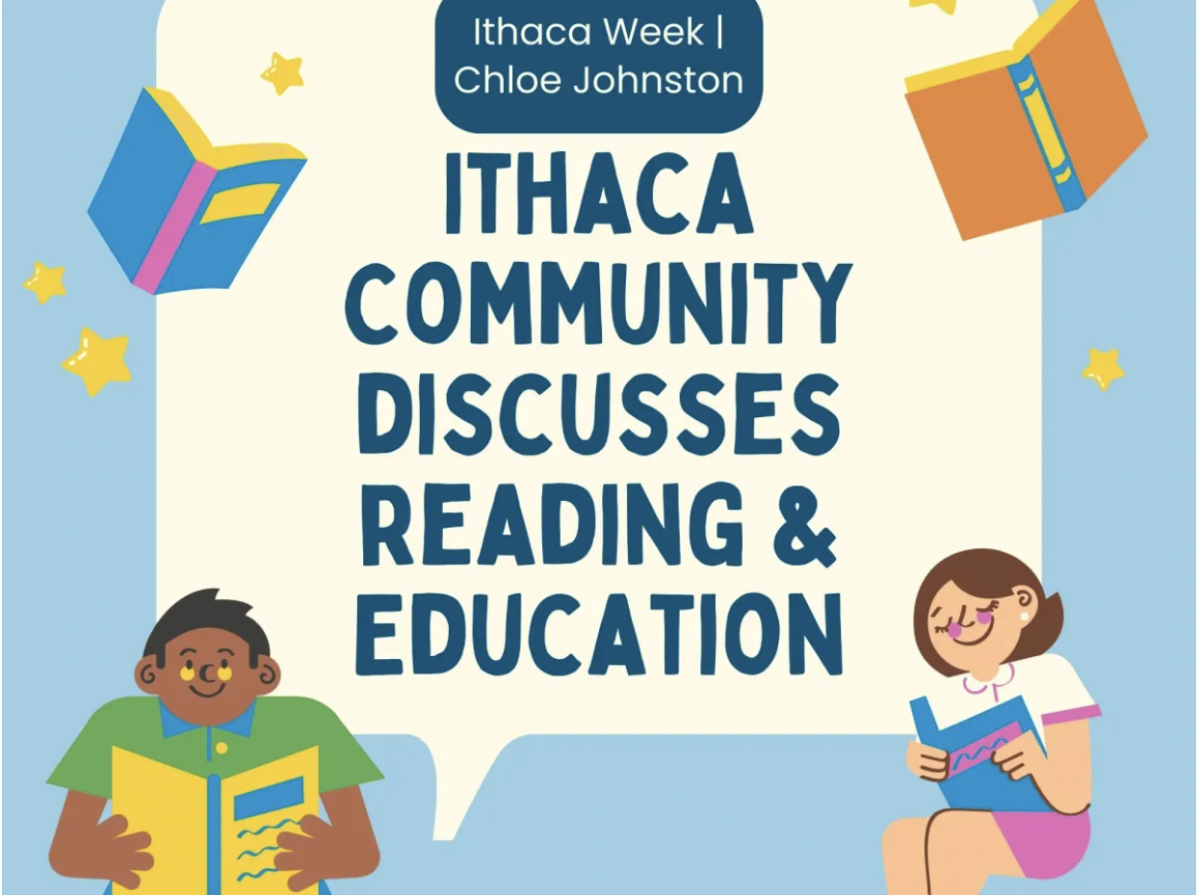Alec Mitchell and Zach Gilson (the first one, a graduate from Ithaca College, the latter a senior in college) launched Ithaca Book Trade as a Craigslist-style website that allows students to directly buy and sell books to each other. The site presents an alternative to traditional modes of exchanging course materials.
“You can offer a book that you have or you can request a book that you need,” Gilson said. “Students set their own price, price can be negotiated, you don’t have to wait for shipping and it’s very direct.”
After working on the project during their school breaks over the past year, Gilson said he and Mitchell put together a strategic plan with a team of students at the beginning of the fall semester of 2012. The two were planning to make the site available for students as the semester wound down.
“I loved the idea of subverting the textbook buyback system, because I thought it was a big rip-off and I saw myself and other students falling victim to it,” Gilson said.
“I had seen many attempts by students to network together in order to buy and sell books to each other, but they were all scattered,” said Mitchell, who now works as product manager at Weaver Wind Energy. “The idea was to create a completely free resource to allow students to buy and sell books among each other in order to save money.”
According to data collected by the Bureau of Labor Statistics and the Census Bureau, college textbook prices in the United States have increased 812 percent since 1978, outpacing the 559 percent hike in tuition and fees and more than tripling the increase in cost of all goods and services.
More than half of this exponential 812 percent increase has occurred since 2001, creating an increasingly difficult situation for students, which the economic recession of 2008 has not helped to alleviate.
Statistics from the National Association of College Stores (NACS) estimated in 2012 the average American college student will spend around $655 on textbooks annually.
As the cost of textbooks rises, students are finding alternative methods to purchase their course materials. In Ithaca, students at Cornell University and Ithaca College can also take advantage of some extra alternative options.
Buffalo Street Books, a community owned cooperative in downtown Ithaca, eliminates the seven percent sales tax on goods within New York State, and does not charge a delivery fee to send books to Cornell or Ithaca College.
“We deliver books to class no charge, making Buffalo Street Books as cheap as, if not less expensive than online options,” said Gary Weissbrot, the general manager of the community store.
The Ithaca College Bookstore has seen the sale of used textbooks – often half the price of new versions – become a substantial part of the store’s revenue, as well as significant utilization of its book rental program.
“With the increasing costs of textbooks the rental program has been extremely popular over the last few years,” said Rod Beers, the store’s textbook operations manger. Students also have the opportunity to sell their books back to the store at the end of the semester, though at a diminished rate.
“It’s readily known that a textbook purchased at the beginning of a semester only fetches between 10 and 25 percent of its original value back at the end of the semester,” said Mitchell in an interview with The Ithacan.
Ithaca Book Trade will continue developing its website toward a direct and social exchange system, said its founders Mitchell and Gilson. And with further fine-tuning, the user base may even expand beyond South Hill.
“The overall plan is to expand to other schools, so there could be a Cornell Book Trade or a Binghamton Book Trade,” Gilson said.
“Besides all that, the whole experience has been amazing,” Gilson reflects. “And even if it doesn’t go anywhere the experience of making a small start-up web service has been great.”







